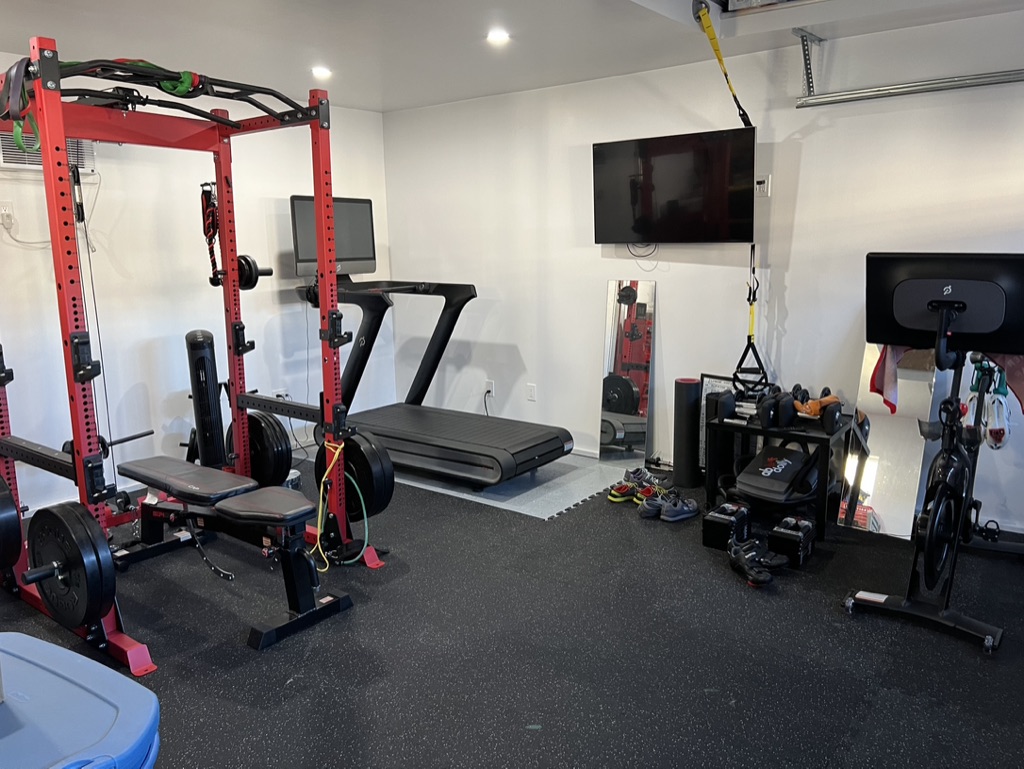
The Secret to My Success
“What are you doing to lose the weight?”
Many people have asked me what my secret to losing weight is.
I think they hope that I have some easy secret to unlock the same for them. Do you want to know what that secret is? If I had to choose one thing that helped with my weight loss the most it is meal planning.
I know, not the sexy answer you were hoping for. But it is true. How we write it, where we write it, what details we include, these things have changed and evolved as our needs have changed and evolved. But we have planned out and written down our lunches and dinners just about every week for the last five years. Having a plan for how to eat when trying to lose weight is vitally important.
Now, don’t get meal planning confused with meal prepping. They are two different things. Meal prepping is another tool that can be helpful for some people. But if the idea of spending time on the weekend prepping your foods is what you envisioned when I say meal planning, that’s not quite what I mean.
Let’s clear it up. When I say meal planning for weight loss, I mean writing down a plan for what you will eat during the week. Having the plan does not mean you also have to prep the meals ahead of time. I do recommend having all the necessary ingredients on hand!
Here are some things to consider as you get started meal planning your way to meeting your nutrition goals:

It is not All or Nothing!
You don’t have to plan out every meal in order to be successful. I eat 3 meals and 2 snacks just about every day. We plan out lunch and dinner for the week, that’s it. The rest I fill in based on how many calories lunch and dinner contain.
Note the irregularities.
Write out any significant events for the week. Have a late meeting one day? Write that down so you don’t plan to cook baked potatoes that night. Is there an event that warrants a dinner out? Note that too. You might adjust your lunch to have some extra calories for that dinner.
Start your meal planning with dinner.
Coming home from work at the end of the day and having to answer the question, “What should we have for dinner?” is a recipe for disaster. By that time you are in full-fledged decision fatigue mode. You will be so much more likely to opt for pizza or take out. (Pizza is delicious by the way. I 100% advocate for including it in your meals plans on a fairly regular basis. But choosing it out of fatigue and planning for it are two entirely different things!). So if you are going to choose only one meal to start planning, choose dinner.
Start backwards.
The last part of the week and into the weekend are notoriously more difficult to make choices that help you reach your weight loss goals. One of my online nutrition clients admits that they start out the week strong and lose steam as the end of the week approaches. Therefore, I suggest planning the weekends and Thursday and Friday first. If you are going to be stuck “winging it” for any meals, let them be the ones at the beginning of the week when you have more energy.
Repetition is key.
It is okay to pick one or two foods to eat regularly. We cycle between two to three breakfast options during the week. They are all similar in nutrition. Our planning template doesn’t even have a spot for breakfast anymore. We also often have the same meal 2-3x/week for lunch. And I have eaten the same morning snack every week day for more days than I can count. I just don’t get sick of it. If you can find something that works for you like that, it will make the process a lot easier.
Tally it up!

Include calories or points or protein (whatever you are tracking) next to your meals. This way you can balance out your meals more easily for each day. I talk a lot about calorie counting because it is what has finally helped me start to heal my own relationship with food. You don’t have to count calories to lose weight. But doing so, even for a short time, can be a very valuable and eye opening tool.
Create an options list.
Build a list of options to choose from when you are planning. It is easy to get in a rut and that will make the planning process feel more stressful. Make it as easy on yourself as possible by having a list of options to choose from.
Keep it simple.
Don’t get caught feeling that you have to have Instagram worthy meals planned every night. Or find yourself opening that new “skinny” cookbook to choose a different new meal for every night of the week. Be realistic in your planning. Simple works. What will you actually have time and energy for?
Utilize Leftovers.
I used to be the worst at this. I did not like to eat leftovers. But it is a very helpful strategy for keeping things simple, so I have learned to eat them. Consider making extra for dinner that you can then use for lunch later in the week.
This is not an exhaustive list of strategies for meal planning for weight loss. But they are things that have helped me along my own weight loss journey. Meal planning has become second nature for us. On weeks when we do not have a plan in place I feel the difference. It often feels like scrambling.
I hope you find some ideas here that will help you start, or continue, your meal planning journey. Do you have other great meal planning tactics that help you? Leave a comment below so I can try it out too!
References:
Sollisch, J. (2016). The cure for decision fatigue. Wall Street Journal, 10.





One response to “Meal Planning for Weight Loss”
[…] recently wrote an article claiming that the biggest secret to my success in weight loss was meal planning.This is a key component to my success long term and is a simple adjustment you can make to have a […]